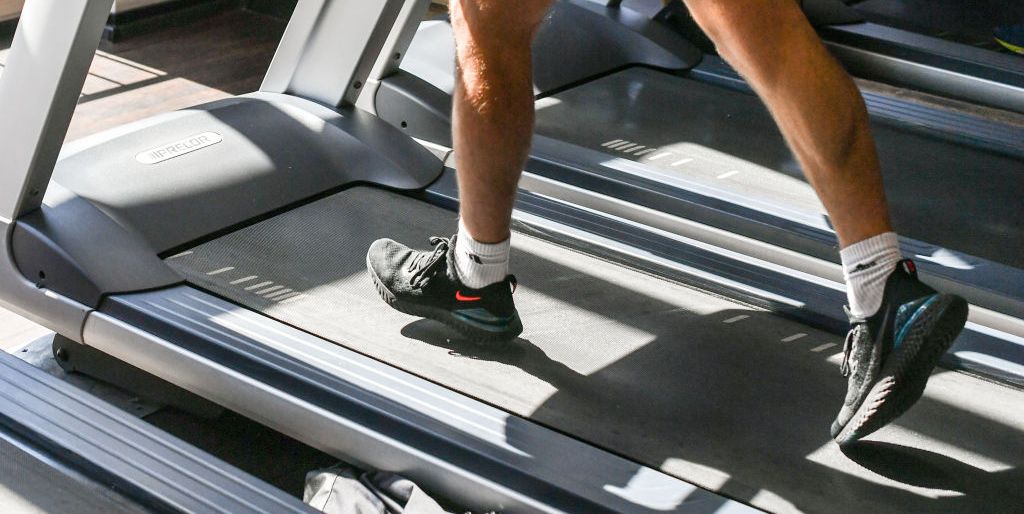Running is one of the most popular forms of exercise, loved for its simplicity, accessibility, and myriad health benefits. However, runners often face a common dilemma: Is it better to run on a treadmill or hit the streets? Both options have their unique advantages and challenges, making the decision largely dependent on individual preferences and goals. To help you decide, let’s explore the key differences between treadmill and street running.
Convenience and Accessibility
One of the primary advantages of treadmill running is convenience. Treadmills allow you to run regardless of the weather, time of day, or safety concerns. You can easily fit a workout into a busy schedule without worrying about traffic, uneven surfaces, or inclement weather. For those living in urban areas or places with extreme weather conditions, the treadmill offers a reliable alternative to outdoor running.
On the other hand, street running offers a sense of freedom and variety that a treadmill cannot match. Running outdoors allows you to explore new routes, enjoy scenic views, and experience different terrains. This variety can make your runs more engaging and less monotonous, potentially increasing your motivation and enjoyment.
Impact on Joints
The impact on your joints is a crucial factor to consider when choosing between treadmill and street running. Treadmills typically have cushioned surfaces that reduce the impact on your knees, ankles, and hips compared to the harder surfaces of roads and sidewalks. This can be particularly beneficial for individuals with joint issues or those recovering from injuries.
Street running, however, provides a more natural running experience. The varying surfaces, such as asphalt, concrete, grass, and trails, engage different muscles and joints, potentially enhancing overall strength and stability. While this variability can increase the risk of injury due to uneven terrain, it also helps in building resilience and adaptability.
Performance and Training
For those focused on specific training goals, treadmills offer precise control over speed, incline, and distance. This level of control allows you to tailor your workouts to meet specific targets, such as interval training or hill repeats. Additionally, many treadmills come equipped with features like heart rate monitors and pre-programmed workouts, providing valuable feedback and guidance.
Street running, however, can better simulate race conditions for those training for outdoor events. The natural inclines, declines, and wind resistance encountered during outdoor runs can better prepare you for the challenges of a road race. Furthermore, running on varied terrain can improve your balance and agility, which are crucial for navigating real-world environments.
Mental and Emotional Benefits
Running outdoors often provides greater mental and emotional benefits compared to treadmill running. The changing scenery, fresh air, and connection to nature can elevate your mood and reduce feelings of stress and anxiety. Many runners find outdoor runs more mentally stimulating and less monotonous than running on a treadmill.
Conversely, treadmill running can be more mentally challenging due to the lack of variation and the stationary nature of the activity. However, it can also offer opportunities for distraction, such as watching TV or listening to music or podcasts, which can help pass the time and make the experience more enjoyable.
Cost and Accessibility
When it comes to cost, running outdoors has the clear advantage. Street running requires minimal investment beyond a good pair of running shoes and appropriate attire. Treadmills, on the other hand, can be expensive, especially high-end models with advanced features. Additionally, not everyone has space for a treadmill at home, making gym memberships or access to fitness facilities necessary for some.
Social Aspects
Street running can offer more social opportunities, such as joining running clubs or participating in local races and events. These social interactions can provide motivation, support, and a sense of community. Treadmill running, being more solitary, may lack these social elements unless you run at a gym where group classes or running clubs are available.
Conclusion
Ultimately, the choice between treadmill and street running depends on your personal preferences, goals, and circumstances. Treadmill running offers convenience, controlled conditions, and reduced impact on joints, making it a great option for those with specific training needs or living in areas with harsh weather. Street running, on the other hand, provides a more natural and varied experience, with potential mental and emotional benefits and opportunities for social interaction.
By understanding the pros and cons of each option, you can make an informed decision that best suits your lifestyle and running goals. Whether you choose the treadmill, the street, or a combination of both, the most important thing is to stay active, enjoy your runs, and prioritize your health and well-being.






